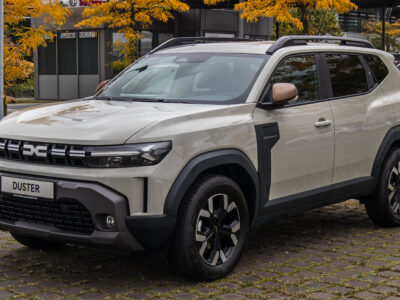
Mitsubishi Mirage: How to Open the Gas Tank (Complete Guide)
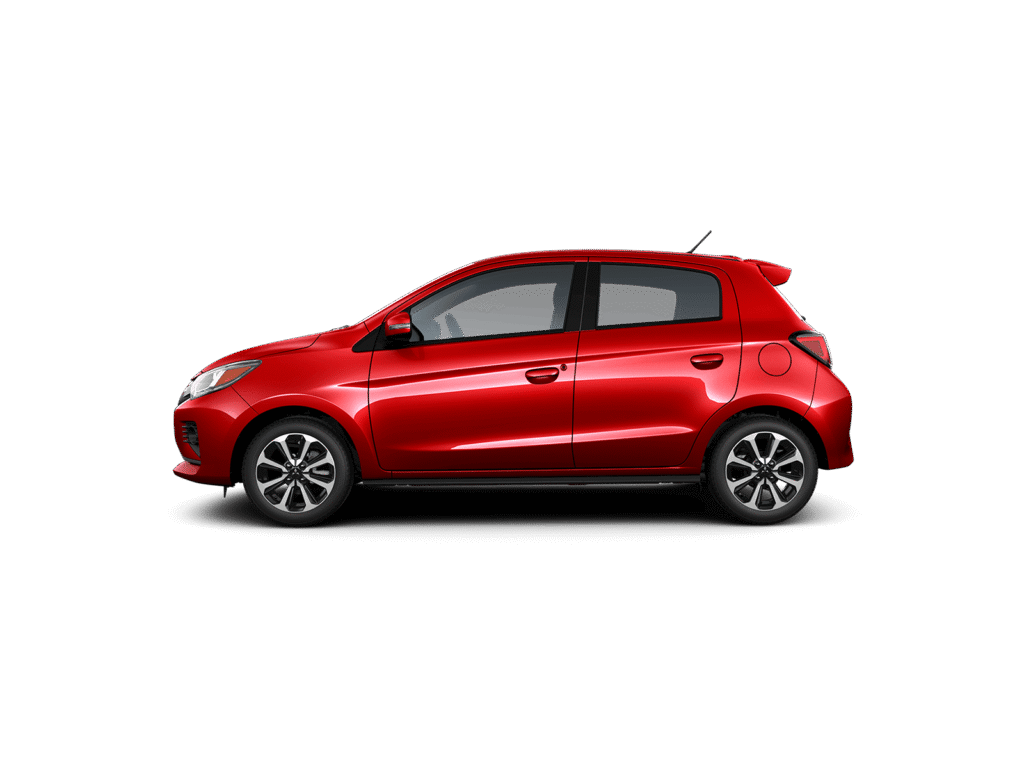
Ever found yourself standing beside your Mitsubishi Mirage, scratching your head, wondering how to open the gas tank? You’re not alone. Even the most seasoned drivers have faced that awkward moment at the pump, searching for a hidden latch or button. But don’t worry — we’ve been there, done that, and we’re here to walk you through every detail of it.
This isn’t just a quick tip guide — it’s a complete breakdown of everything you need to know about your Mirage’s fuel system, from how to open the gas tank to maintaining, troubleshooting, and optimizing your car’s performance.
Let’s jump in!
- Understanding Your Mitsubishi Mirage
- How to Open the Gas Tank
- Why the Fuel Door Design Matters
- What to Do If the Gas Tank Won’t Open
- Safety Tips When Refueling
- The Right Type of Fuel for the Mirage
- Fuel Efficiency Tips You’ll Love
- Mirage Design and Specifications
- Features and Controls That Make Life Easier
- Maintenance 101 for Your Mirage
- Understanding the Fuel Release System
- Locking Mechanism and Keyless Entry
- Common Fuel Door Issues and Fixes
- Preventing Corrosion and Wear
- Final Thoughts
- FAQs
Understanding Your Mitsubishi Mirage
The Mitsubishi Mirage is the epitome of practicality. It’s compact, efficient, and built for drivers who value simplicity. But even in a car designed for ease of use, small details — like opening the gas tank — can be confusing the first time around.
The Mirage’s fuel door system is intentionally minimalist, relying on a manual lever rather than a push-to-open design. This ensures long-term reliability and prevents unwanted tampering.
How to Open the Gas Tank
Alright, let’s get straight to it. Here’s how to open the gas tank on a Mitsubishi Mirage — step by step.
- Open the driver’s side door.
Look down toward the floorboard, near the left side of the seat. - Locate the fuel release lever.
It’s a small black lever with a gas pump icon printed on it. - Pull the lever upward.
You’ll hear a click, and the fuel door will pop open on the rear passenger side of the car. - Unscrew the gas cap.
Turn it counterclockwise to remove it and begin fueling. - After refueling, replace and tighten the cap.
You should hear a few clicks to ensure a tight seal. - Close the fuel door gently.
Push until it clicks into place — and you’re good to go!
💡 Pro Tip: Always make sure the car doors are unlocked before pulling the fuel lever. If the vehicle is locked, the lever won’t release the door.
Why the Fuel Door Design Matters
You might wonder — why not just have a simple push-to-open door like other cars?
Mitsubishi chose this lever design intentionally for safety and durability.
- Prevents accidental openings: The door won’t open unless the lever is pulled, avoiding spills or tampering.
- Weather protection: Keeps the locking mechanism shielded from rain and dust.
- Cost-effective maintenance: Fewer electronic parts mean fewer long-term issues.
It’s one of those little design decisions that make the Mirage quietly dependable.
What to Do If the Gas Tank Won’t Open
Sometimes, the lever might feel stuck or unresponsive. Here’s how to troubleshoot it.
1. Check if the car is locked.
The lever won’t work if the central locking system is active.
2. Inspect the fuel door latch.
It could be stuck due to dirt, corrosion, or ice. Try gently prying the edge with a plastic trim tool — never force it with metal.
3. Verify the release cable.
If the cable is loose or broken, you’ll need to access it through the trunk area to manually pop the fuel door open.
4. Lubricate the hinges.
A quick spray of WD-40 or silicone lubricant can make all the difference.
You may be interested in reading Mitsubishi Mirage Gas Tank Sizes: Comprehensive Guide to Fuel Efficiency and Ranges
Mitsubishi Mirage Gas Tank Sizes: Comprehensive Guide to Fuel Efficiency and Ranges⚙️ If the cable or latch is damaged, have it replaced at a Mitsubishi dealership or certified repair shop.
Safety Tips When Refueling
Refueling seems straightforward, but a few precautions can save you headaches (and potential hazards):
- Turn off the engine before refueling.
- Avoid smoking or open flames near the pump.
- Discharge static electricity by touching metal before handling the nozzle.
- Don’t overfill the tank — once it clicks off, stop.
- Secure the gas cap properly to prevent leaks or “Check Engine” lights.
The Right Type of Fuel for the Mirage
The Mitsubishi Mirage runs perfectly on 87 octane regular unleaded gasoline. Higher octane fuel won’t hurt but won’t boost performance enough to justify the cost.
To keep the engine running clean and efficient:
- Choose fuel from reputable gas stations.
- Avoid “off-brand” or old pumps.
- Periodically add a fuel system cleaner (every 3–6 months).
This simple attention to detail keeps your Mirage humming like a happy bee. 🐝
Fuel Efficiency Tips You’ll Love
The Mirage is already one of the most fuel-efficient cars on the road, but you can still squeeze out a few more miles per gallon.
Easy habits that boost mileage:
- Keep tire pressure at recommended levels (check monthly).
- Avoid hard acceleration and sudden braking.
- Use cruise control on highways.
- Limit idling time.
- Stick to scheduled oil changes.
A well-maintained Mirage can reach up to 43 MPG on highways — that’s efficiency worth bragging about.
Mirage Design and Specifications
The 2017 Mitsubishi Mirage is a masterclass in compact design. Let’s look at what makes it stand out:
- Length: 3,795 mm
- Width: 1,665 mm
- Turning Radius: 4.6 meters
- Engine: 1.2-liter 3-cylinder
- Horsepower: 78 hp
- Transmission: CVT (Continuously Variable Transmission)
Lightweight construction helps improve fuel efficiency and handling — perfect for urban life.
Features and Controls That Make Life Easier
Inside, the Mirage is simple yet smartly designed for convenience:
- Multi-functional steering wheel with cruise and audio controls
- Touchscreen infotainment with Bluetooth and USB connectivity
- Automatic climate control for all-weather comfort
- Adjustable seats that maximize comfort and visibility
- Card holder in the center console (perfect for parking passes!)
Every inch is designed to make everyday driving stress-free and intuitive.
Maintenance 101 for Your Mirage
To keep your Mirage running like new:
- Oil Change: Every 5,000–7,500 miles
- Air Filter Replacement: Every 15,000 miles
- Brake Pad Inspection: Every 10,000 miles
- Tire Rotation: Every 6 months
- Battery Check: Annually
Also, don’t forget to keep your key fob battery fresh. It’s a small fix that prevents big frustrations.
Understanding the Fuel Release System
Your Mirage’s fuel door release system operates via a mechanical cable that connects the floor lever to the door latch. When you pull the lever, it triggers a small release hook that pops the door open.
You may be interested in reading Mitsubishi Mirage Gas Tank Sizes: Comprehensive Guide to Fuel Efficiency and Ranges
Mitsubishi Mirage Gas Tank Sizes: Comprehensive Guide to Fuel Efficiency and Ranges The Best Cars Similar to the Mitsubishi Mirage: Affordable, Fuel-Efficient, and Fun to Drive
The Best Cars Similar to the Mitsubishi Mirage: Affordable, Fuel-Efficient, and Fun to DriveThis system is:
- Simple
- Durable
- Resistant to electronic malfunctions
It’s a testament to Mitsubishi’s “less is more” engineering philosophy.
Locking Mechanism and Keyless Entry
Modern Mirages come equipped with a keyless entry system that syncs with the fuel door lock. When you lock your car, the fuel door locks too.
To open it:
- Press the unlock button on your key fob.
- Then pull the fuel release lever.
If you try to open it while the car is locked, the door won’t budge — protecting against vandalism or fuel theft.
Common Fuel Door Issues and Fixes
Here are some frequent problems Mirage owners face — and how to fix them:
| Problem | Possible Cause | Fix |
|---|---|---|
| Fuel door won’t open | Lock system engaged | Unlock the car first |
| Lever stuck | Rust or dirt buildup | Clean and lubricate |
| Door won’t close | Misaligned latch | Adjust hinges or latch |
| Gas cap warning light | Loose cap or damaged seal | Retighten or replace cap |
Preventing Corrosion and Wear
Fuel door hinges and caps are prone to rust, especially in humid or coastal areas.
To prevent this:
- Apply silicone spray every few months.
- Wash and dry the hinge area during car washes.
- Avoid parking under trees where sap or debris can build up.
🌧️ A few seconds of preventive care saves hours of repair later.
Final Thoughts
Opening the gas tank on your Mitsubishi Mirage might seem like a tiny task, but understanding how it works — and how to maintain it — can save you time, effort, and frustration.
From its clever design to its fuel efficiency and reliability, the Mirage is built to make driving effortless. Once you master that little lever by your left foot, refueling becomes second nature.
So next time you’re at the pump, smile — because you’ve got it figured out.
FAQs
1. Where is the gas tank lever on a Mitsubishi Mirage?
It’s located on the driver’s side floorboard near the door jamb. Pull it up to open the fuel door.
2. What kind of gas does the Mitsubishi Mirage use?
Use regular unleaded gasoline with an octane rating of 87.
3. My fuel door won’t open. What should I do?
Ensure the car is unlocked, check for dirt or corrosion, and gently pry open the edge if necessary.
 Mitsubishi Mirage Gas Tank Sizes: Comprehensive Guide to Fuel Efficiency and Ranges
Mitsubishi Mirage Gas Tank Sizes: Comprehensive Guide to Fuel Efficiency and Ranges The Best Cars Similar to the Mitsubishi Mirage: Affordable, Fuel-Efficient, and Fun to Drive
The Best Cars Similar to the Mitsubishi Mirage: Affordable, Fuel-Efficient, and Fun to Drive Is the Mitsubishi Mirage Really That Bad? The Honest Truth About This Underrated Compact Car
Is the Mitsubishi Mirage Really That Bad? The Honest Truth About This Underrated Compact Car4. Does the fuel door lock automatically?
Yes, if your Mirage has keyless entry, the fuel door locks when the vehicle is locked.
5. How can I keep the fuel system clean?
Use quality gasoline, replace your air filter regularly, and add fuel cleaner every few months.
If you want to know other articles similar to Mitsubishi Mirage: How to Open the Gas Tank (Complete Guide) you can visit the category Blog.
Leave a Reply

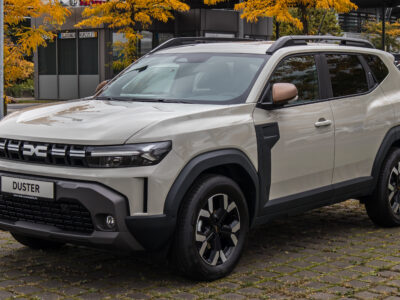
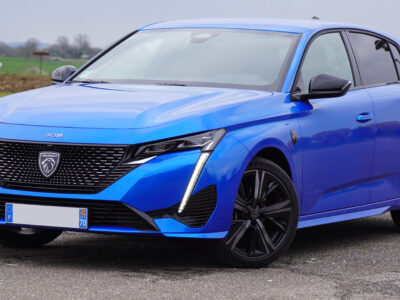
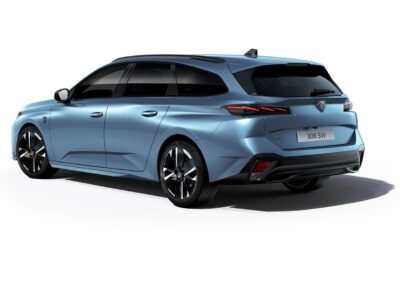
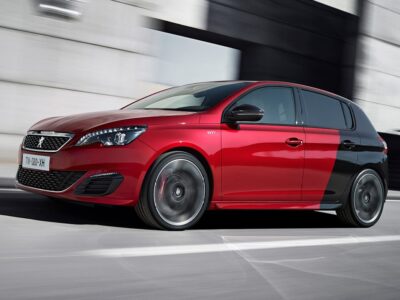
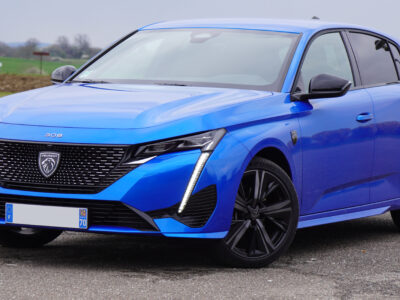
More content of your interest